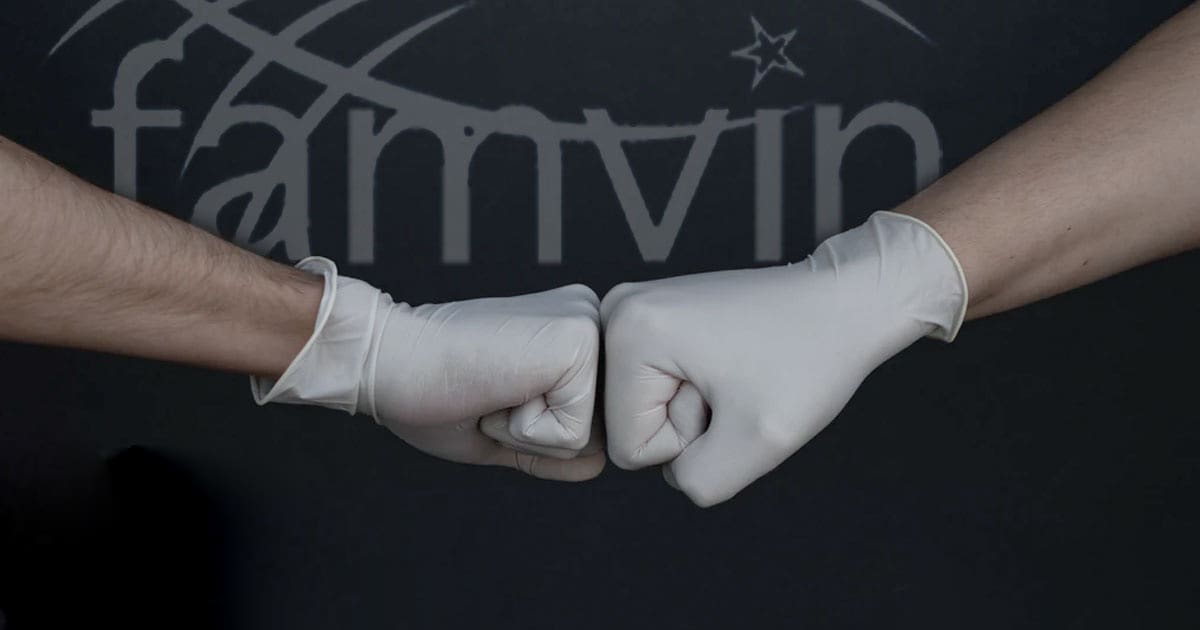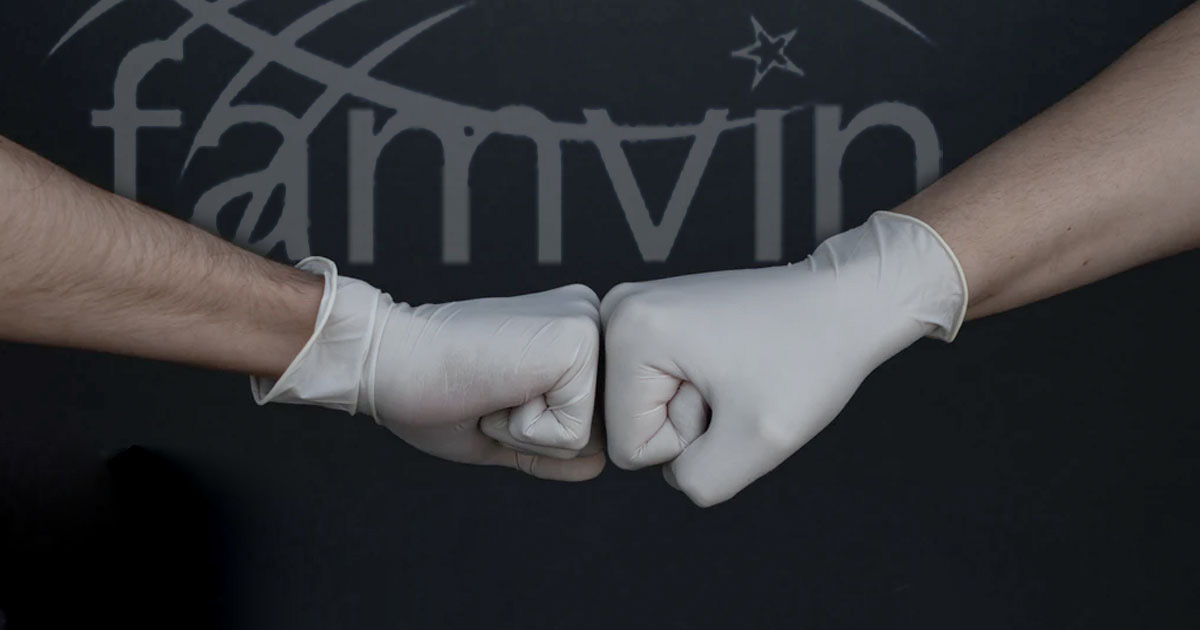Lessons Learned During the Pandemic, #12: Prisoner Accompaniment During Covid-19
Each week a member of the Vincentian Family will share a part of his/her experience during recent months. From the depths of their heart these writers will present a message of hope because we are convinced that there are positive lessons to be learned from this pandemic.
Dostoyevsky wrote: “the degree of civilisation in a society is revealed by entering its prisons.” So too will our treatment of prisoners reveal our true selves.

Dee Mansi,
AIC, Reino Unido
Prisons are in lockdown. This means that every prisoner is spending 23 hours a day locked in their cell. So the men and women currently serving prison sentences in England and Wales are both in lockdown and in isolation, with many struggling to even make contact with their families and friends. AIC UK members’ visits to prisons have had to stop.
However, there is good news about overcoming difficulties to accompany prisoners who are released. “Steve” needed support because his family had disowned him. Sadly, because of the pandemic lockdown restrictions, our welcome team couldn’t meet him at the prison gates. Released into a world he didn’t recognise, he used some of the discharge allowance £46(US$58) to travel the distance across London to his Probation officer. This £46 grant was supposed to last him a complete week!
Steve then used more of the £46 grant to get to the temporary accommodation that had been arranged for him. It was at this point that we could help him, as his new home is within 5 miles of our team. We met up at our local food bank. He was very defensive and aggressive. Prompting him to explain his needs, shyly, Steve explained that he only had the clothes he was wearing, and a handful of personal possessions in a carrier bag – he needed underwear and a change of clothes. Encouraged to open up more, he told me his medical prescription had been sent to a chemist near the prison. I negotiated that it be sent to a nearby pharmacy. Steve’s relief and gratitude was obvious, and our team felt elated at the outcome.
We learned that we should not think all is well just by looking at someone. Sometimes, behaviour is the result of deep pain. Often, physical, spiritual and mental needs are hidden. Gently prompting helps people achieve their needs. The mutuality of service is present in our very midst.









My granddaughter’s prison is drugs. We can’t help her and she won’t help herself. Only God has the answer…. I am praying for her daily and will continue until I have no breath left.